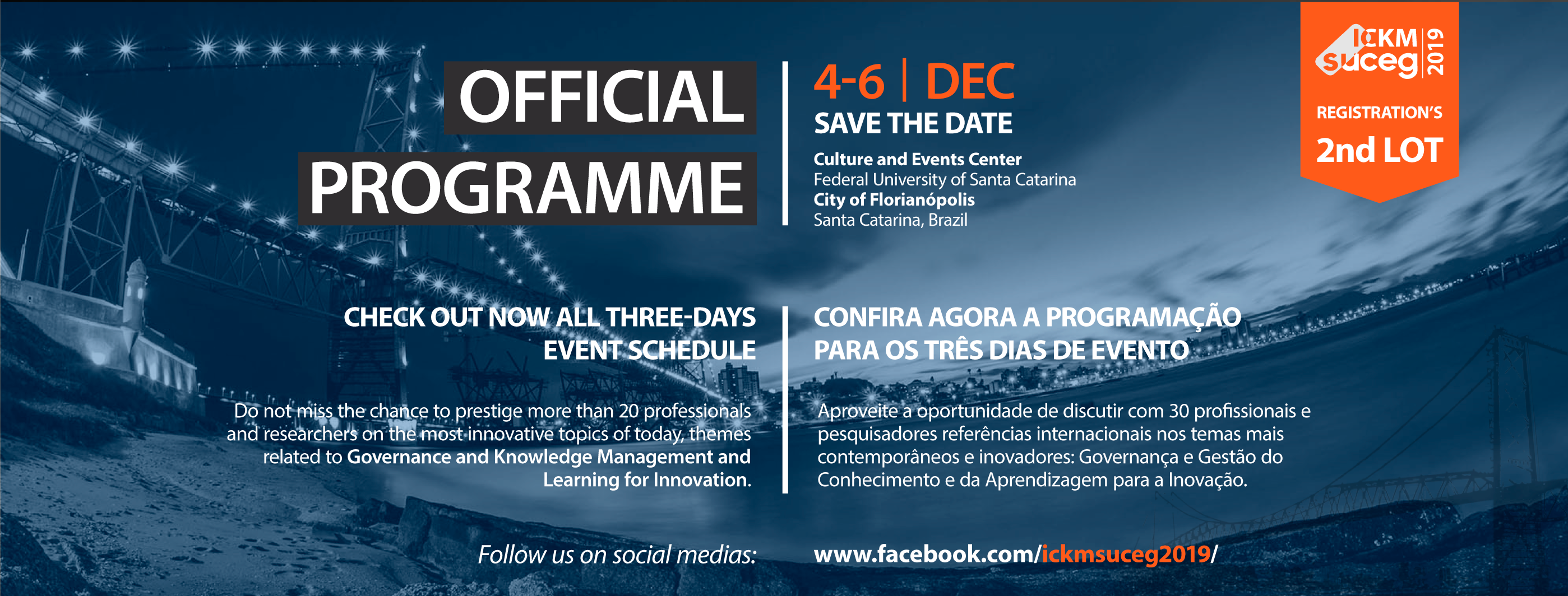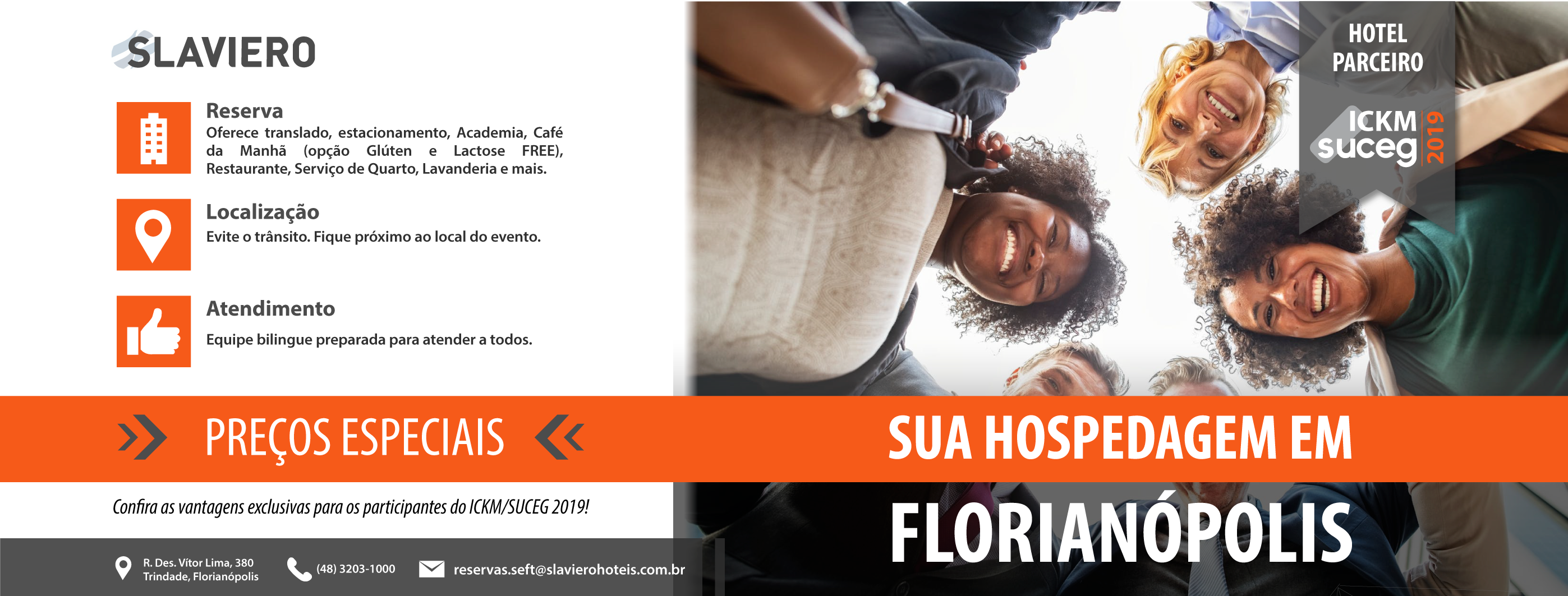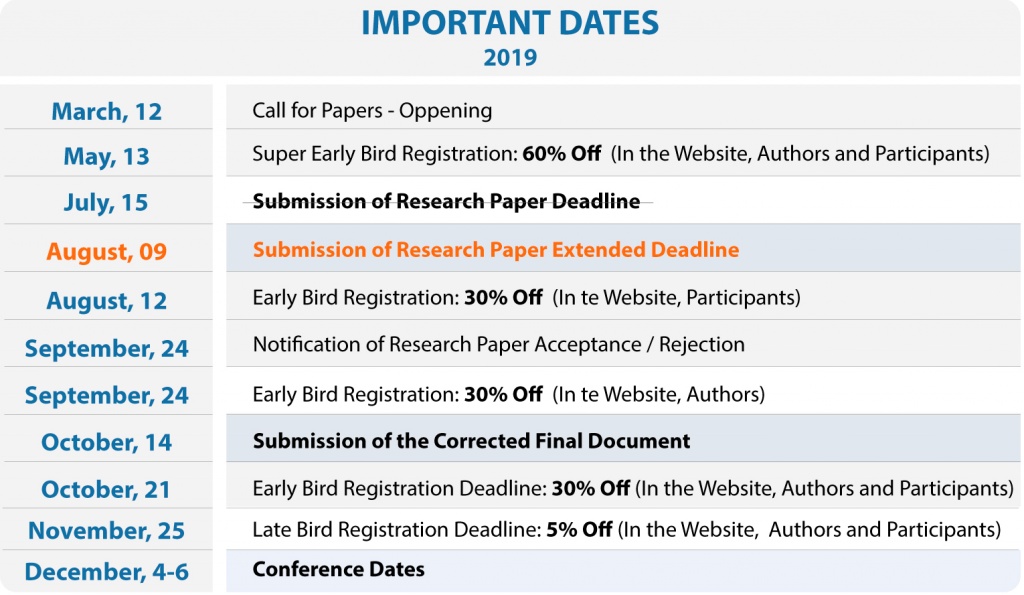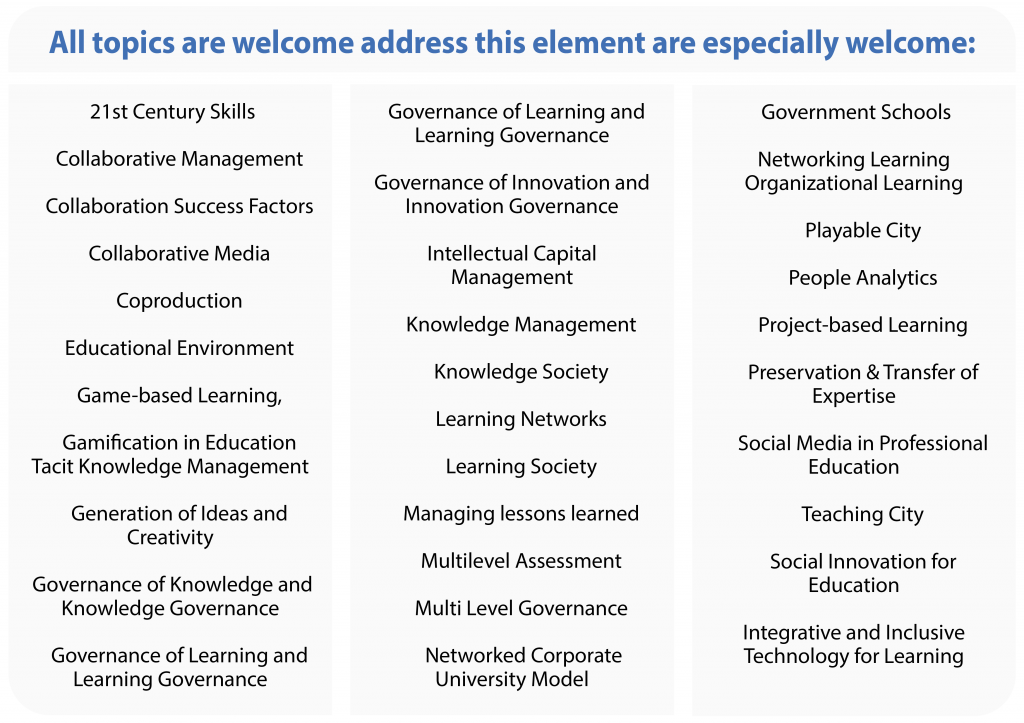The knowledge management construct has attracted the attention of academic studies since the 1960s. The first published article on the subject, registered in the international Scopus database, dates back to 1966 (BYRD et al., 1966). In the last years, precisely after the decade of the 80, there was an increase in the scientific production in search of its conceptualization and the delimitation of its processes, treating knowledge as an important organizational resource.
In today’s knowledge economy, in order to overcome the challenges of the borderless world and contemporary de-globalization, it is essential to manage the essential knowledge to add distinctive value to organizations. Thus, some organizational models critically demand the implementation of knowledge management, since they take into account knowledge as the main asset. Among the models, we highlight the Frame Break models (MITROFF et al, 1994); Innovative organization (GALBRAITH, 1997); Organization in hypertext (NONAKA and TAKEUCHI, 1997); Intellectual Capital (SVEIBY, 1998); Individual organization (GOSHAL and BARTLET, 2000) and the Knowledge Chain Model (HOLSAPPLE AND SINGH, 2001).
For all the cited models (MITROFF ET AL, 1994; GALBRAITH, 1997; NONAKA and TAKEUCHI, 1997; GOSHAL and BARTLET, 2000; HOLSAPPLE and SINGH, 2001), organizational development arises from knowledge management practices and can be manifest by the creativity of employees; by the flexibility with which the organization reacts to the environment; the productivity it achieves and, above all, the capacity for innovation it has. In other words, they would all be dependent on the governance of structures, systems and policies that empower knowledge management in order to achieve the desired results.
As Alves and Barbosa (2010) argue, both in the external context that requires the participation of public and private organizations in learning networks, and in the intra-organizational environment that demands more effective interdepartmental dialogues, the process of knowledge sharing plays a significant role. , so it is important to overcome the internal and external barriers to its effectiveness. In this sense, the implementation of corporate governance that recognizes the value of “knowledge” in business processes can favor both organizational learning and network learning.
However, there is still a new discussion about principles and mechanisms of governance that should guide a model of knowledge and learning governance to support knowledge management and, consequently, mobilization for continuous learning in order to achieve the organization’s strategic objectives , since the term “Knowledge Governance” was only coined at the end of the 90s by the researcher Anna Grandori (1997) in his article “Knowledge governance” and the term “Governance of Learning” still does not constitute a scientific construct , by the few researches on the term.
And even with the passage of about twenty years, little was published about the dimension of knowledge analysis and organizational learning, and the academy researched more about learning and knowledge management processes rather than governance mechanisms to these were made available, evaluated, controlled and monitored. Which led to the scarcity of literature on the terms.
It seems logical that conceptual differences over the governance construct (SANTISO, 2001) are fed by the diversity of its application (global, global, corporate, among others) and the breadth of possible analysis dimensions of organizational knowledge management itself organizational learning, which generates a lack of clarity about the constructs Governance of Knowledge and Governance of Learning.
In this way, ICKM and SUCEG’s main objective, in 2019, is to bring to Brazil worldwide discussions on the most contemporary models of governance and management of Knowledge and Organizational Learning, addressing master topics such as: Knowledge Governance; Learning Governance and Governance of Innovation.
For the International Council of Knowledge Management and the EGC/UFSC -Graduate Program in Engineering and Knowledge Management of the Federal University of Santa Catarina , organizers of the 15th ICKM and II SUCEG, Knowledge Management seeks to spark action and change, moving beyond the end goals of collection and storage in previous iterations of practice and theory in the field. This separates KM from many other related fields. Even when focusing attention on codification or on sharing and the elements that enable this actions, the end goal is always what that codification or that sharing allows organizations and systems to do. The 15th annual International Conference on Knowledge Management and the II Seminar of Corporate Universities and Government Schools, seeks research and practice into work with knowledge that sparks action, decision making, change, etc. It will mark an important moment for reflection and advancement in the field. All topics are welcome, but topics that specifically address this action element are especially welcome. ICKM2019 will mark an important moment for reflection and advancement in the field.
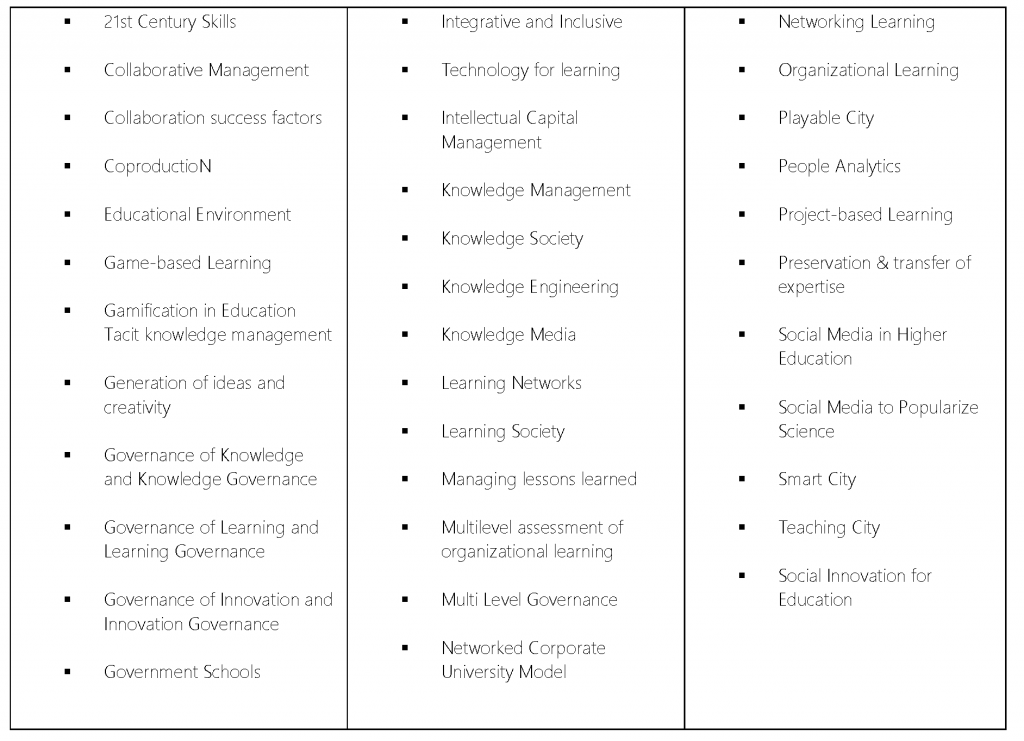
All topics are welcome address this element are especially welcome.
To address all these related issues, speakers will be present nationally and internationally to provide theoretical and practical learning about Knowledge Governance and Learning models and the various mechanisms of development, control and monitoring in public and private organizations.

